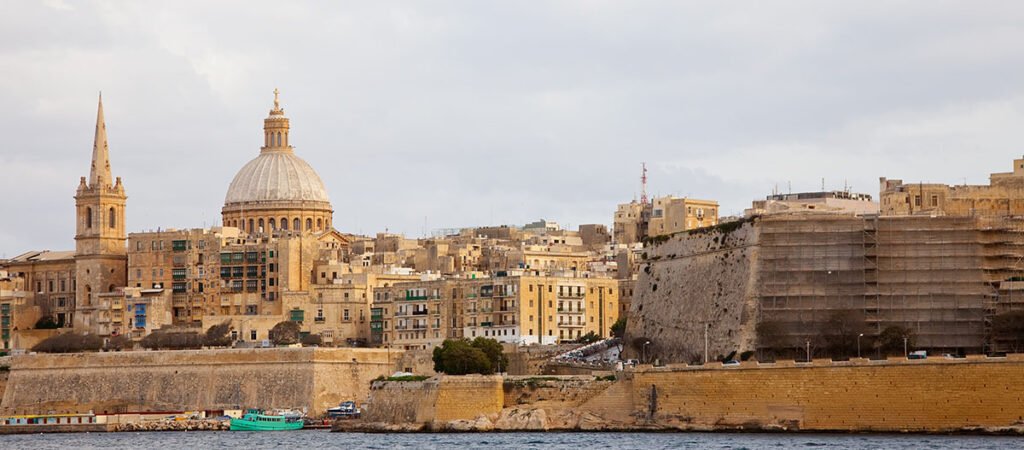
Study In Malta
OVERVIEW
Malta is home to several internationally recognized institutions with a high standard of academic excellence, especially among English-speaking countries. Malta offers affordable tuition fees compared to other European and English-speaking countries, making it a popular choice for international students.
The United Nations ranks Malta among the best places to live due to its quality of life, with a multicultural, safe, and welcoming environment. Many students choose to work in Malta after graduation and even apply for permanent residency to make Malta their permanent home.
Malta’s universities offer high-quality, diverse programs across different fields (Certificates, Diplomas, Associate Degrees, Bachelor’s, Master’s, and Doctorates). Employers worldwide value Maltese degrees, which come from a robust education system and are recognized internationally. Additionally, Malta is making efforts to increase its international student population, attracting more applicants to its institutions each year.
Education System
The Maltese education system offers a variety of academic programs at tertiary levels, including English language courses for non-native speakers.
- University Programs: Maltese universities provide high-level undergraduate (Bachelor’s) and postgraduate (Master’s and Doctorate) programs, known for quality and practical training.
- Vocational Training: Vocational courses are closely tied to local industries, making them highly practical and skill-focused, and are available through both government and private institutions.
- English Language Programs: Malta is a popular destination for English language studies, with many private institutions and universities offering specialized courses for international students who wish to study, work, or travel in an English-speaking environment.
Entry Criteria
Institutions assess whether applicants meet the specific entry requirements of their chosen program. Entry typically requires an equivalent of a secondary school completion certificate, while postgraduate courses require a relevant undergraduate degree or equivalent experience.
Required Language Test(s)
Students must demonstrate proficiency in English, meeting minimum academic requirements to study in Malta. Maltese institutions accept standardized English language tests such as IELTS and TOEFL, with specific language requirements detailed by each institution.
Visa Process
Malta offers a streamlined student visa application process. Applications can be submitted through an online portal or in person at a consulate or embassy, with the payment of a Visa Application Fee.
Students need to submit:
- A completed visa application form.
- Passport copies (bio-data and visa pages).
- Recent passport-sized photographs.
- Academic transcripts and language proficiency certificates (e.g., IELTS).
- Statement of purpose for study.
- Financial proof and sponsor documents (if applicable).
- A covering letter detailing the applicant’s purpose, travel, and funding details.
Sponsors should provide an Affidavit of Sponsorship, photo ID, income proof, and ITRs for the last three years.
Students are required to show sufficient financial means to cover living expenses, typically around €7,500 per year, as well as Overseas Student Health Insurance and travel expenses.
FAQ
What is the typical cost of living in Malta?
The average cost of living for a student in Malta ranges from €700 to €1,000 per month, depending on the location and lifestyle. This covers rent, food, transportation, and other essentials.
When do university semesters start in Malta?
Maltese universities typically have two semesters, starting in October and February.
What is the cost range to study in Malta?
Tuition fees vary by program, averaging between €7,000 and €20,000 per year, depending on the level of study and the institution.
Is a tax file number necessary for students in Malta?
International students working part-time in Malta must obtain a Maltese tax identification number.
What are the part-time job opportunities in Malta?
Malta allows students to work part-time for up to 20 hours per week during their studies, offering opportunities in sectors like hospitality, retail, and IT.
Post-Study Options
Malta has a demand for skilled international workers. After graduation, students can apply for post-study work visas and may be eligible for permanent residency, provided they meet the requirements. Malta offers several visa categories, creating a clear pathway to stay and work after completing studies.

